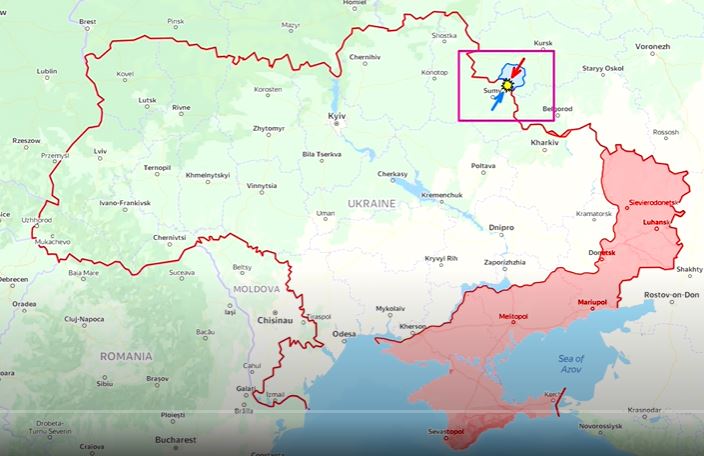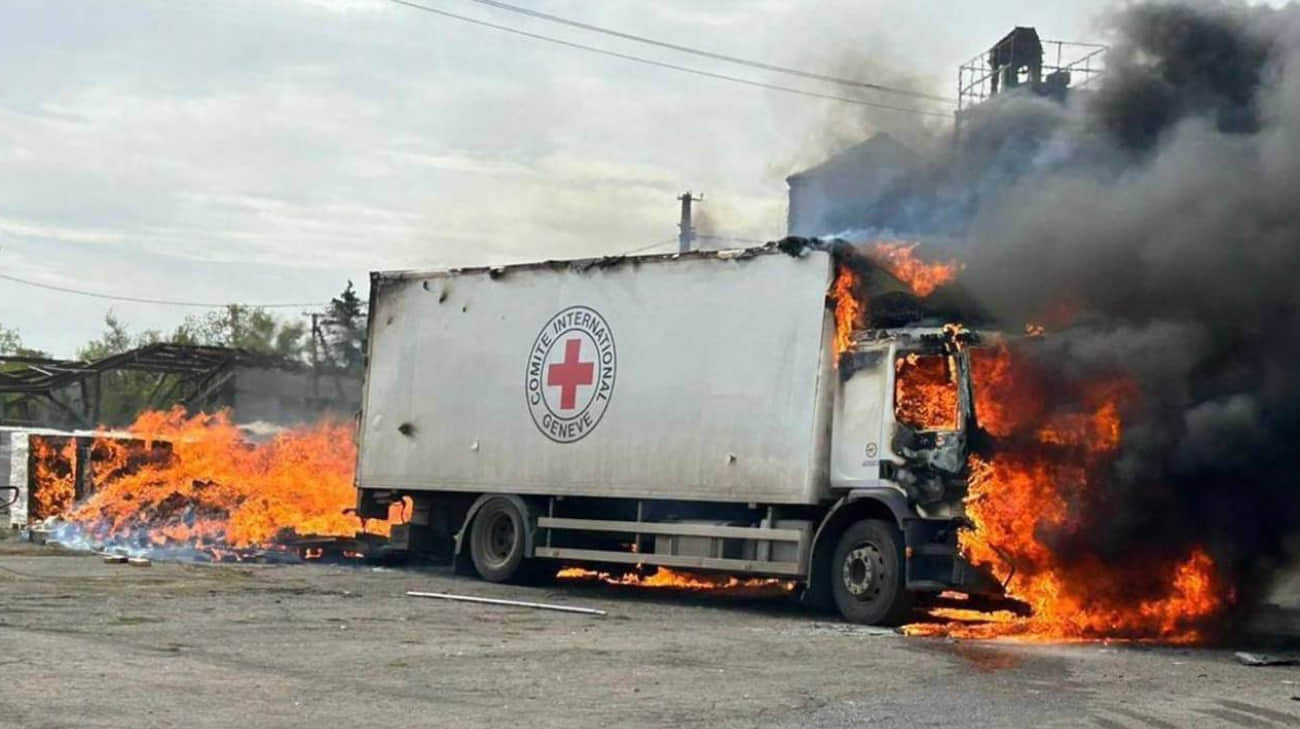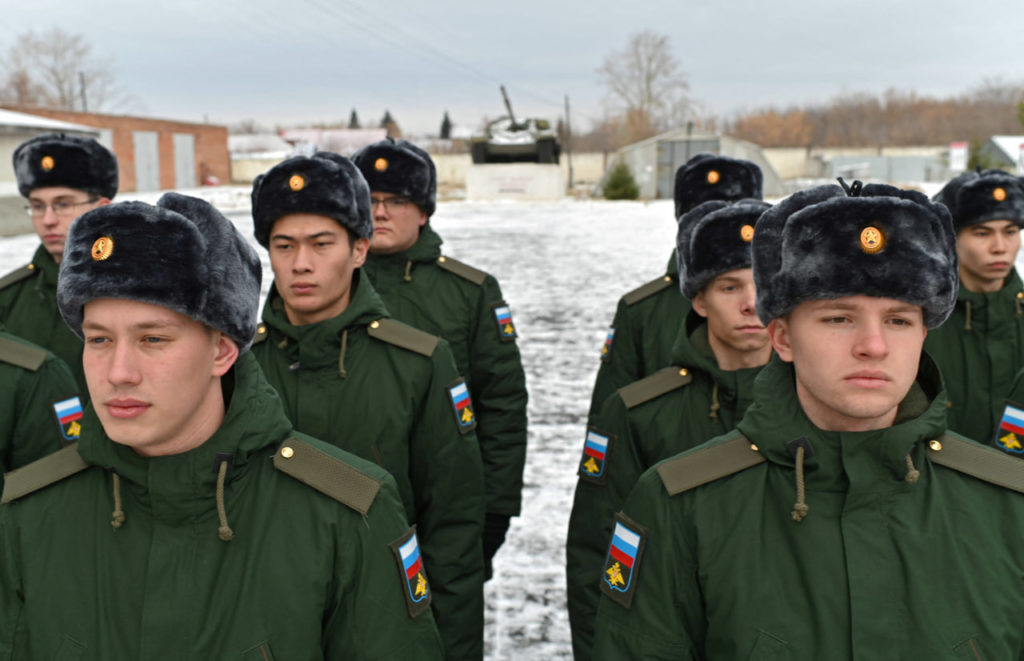Kyiv invites international organizations to Kursk amid ongoing military action
Ukraine's Foreign Ministry has called on the UN and Red Cross to assist with humanitarian efforts in areas of Russia's Kursk Oblast now under Ukrainian control.


Ukraine’s Ministry of Foreign Affairs appealed to the United Nations and the International Committee of the Red Cross to participate in humanitarian response efforts in parts of Russia’s Kursk Oblast, currently under Ukrainian military control.
The ministry emphasized that Ukraine adheres to all norms and principles of international humanitarian law and human rights while exercising effective control over certain areas of Russia’s Kursk Oblast. This includes protecting civilians during hostilities.
According to the ministry, civilians in Kursk Oblast’s affected areas have been receiving humanitarian aid and assistance in evacuating from combat zones.
The ministry states that the appeal to the UN and Red Cross aims to address “the humanitarian situation and the need to properly ensure fundamental human rights” in the region.
On 6 August, Ukraine began its operation in Russia’s Kursk Oblast. President Volodymyr Zelenskyy said that these operations were intended to create a buffer zone to impede Russian military actions against Ukraine.
On 27 August, Commander-in-Chief of the Armed Forces Oleksandr Syrskyi said that since the beginning of the operation in Russia’s Kursk Oblast, Ukraine had captured 594 Russian soldiers and controls over 100 settlements or 1,294 sq km.
On 15 September, the Institute for the Study of War reported that Ukrainian troops continued to advance in the Glushkovsky district of the Kursk Oblast on 14 September: they advanced in the fields south of Tyotkino and north of Sudzha and took control of several villages.
Read also:
- Russian forces advance near Donetsk’s Vuhledar, destroy key mine infrastructure
- Russian military to grow by 180,000 personnel, decree states
- Russia receives at least $1 bn in profits from grain stolen in occupied Ukraine
You could close this page. Or you could join our community and help us produce more materials like this.
We keep our reporting open and accessible to everyone because we believe in the power of free information. This is why our small, cost-effective team depends on the support of readers like you to bring deliver timely news, quality analysis, and on-the-ground reports about Russia's war against Ukraine and Ukraine's struggle to build a democratic society.
A little bit goes a long way: for as little as the cost of one cup of coffee a month, you can help build bridges between Ukraine and the rest of the world, plus become a co-creator and vote for topics we should cover next. Become a patron or see other ways to support.



